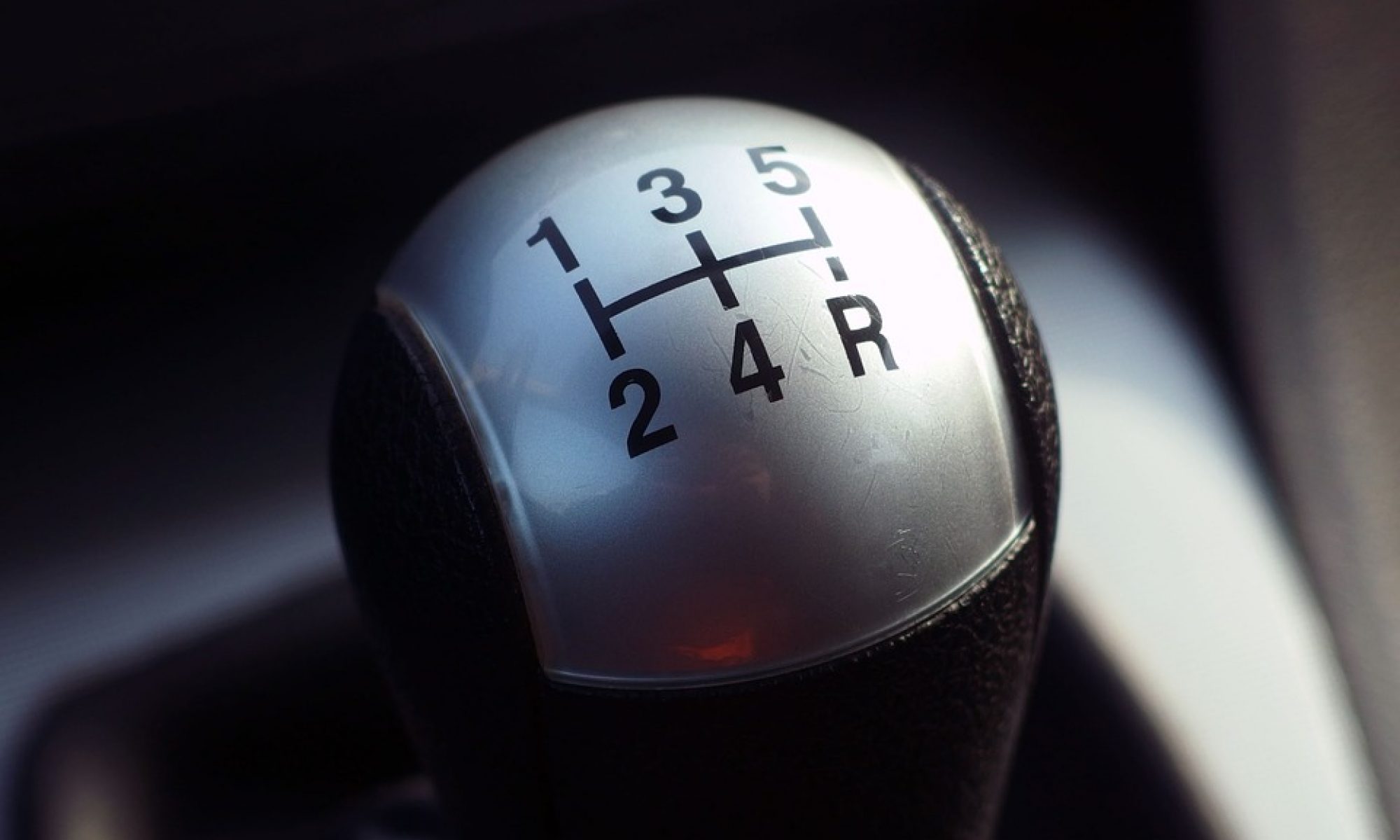Catalytic converter replacement is not cheap, but in some cases, it is inevitable. Catalytic converters are sensitive and at the same time very resilient components and their faults can cause many different symptoms – here are some signs that might make you suspect the converter and also a few ideas about what to expect if your mechanic checks your car and determines that your catalytic converter is beyond remedy.
What Are Catalytic Converters
Catalytic converter units are modern devices that have the role of converting the harmful chemicals generated by the car’s engine while burning fuel into less noxious substances before the exhaust gases leave the system. The health of the converter is essential not only in order to pass emissions tests, but also for the performance and proper functioning of the entire car. The converter might get clogged, blocked or otherwise damaged by the particles it needs to filter, faults that will reduce the performance of the engine and might also cause fuel consumption to jump.
Diagnosing Catalytic Converters
Catalytic converter faults are usually detected with the help of various testers. The engine of the vehicle to be tested is connected to testers that measure the vacuum at idle and analyze the composition of the exhaust gases. Vehicles made after 1996 can be diagnosed using on-board diagnostic devices (OBD testers). The tester is connected using a plug, the test program is run and the results returned in the form of codes will help the mechanic identify the cause of the problem.
Determining Whether Catalytic Converter Replacement Is Necessary

If the mechanic concludes that the symptoms you notice are caused by the fault of the catalytic converter, he will remove the unit to see whether it can be repaired or you need a replacement. In some cases, the converter fault can be corrected by cleaning and un-clogging, but very often the unit is clogged or damaged beyond remedy, which makes replacement inevitable. Failed emissions test Denver area can be related to a faulty catalytic converter.
Choosing the Right Type of Unit
Your mechanic can not only diagnose your converter – he can also get a replacement for you. There are two basic types of converters you can choose from:
- Direct fit units that match the converter you need to replace in terms of dimensions and other parameters and can be mounted without requiring any modifications to the system such as welding,
- Universal converters that are usually cheaper, but require the mechanic to make adjustments to be able to install them.
Second hand converters are also available, but it is difficult to determine whether they are in condition, so it is probably a better idea to get a new unit.
Catalytic converters work in synergy with oxygen sensors, so be prepared that the sensors will need to be replaced along with the faulty converter.
When the replacement process is complete, it is a good idea to connect the vehicle to the tester one more time to determine whether the car has other faults that need attention, too.
